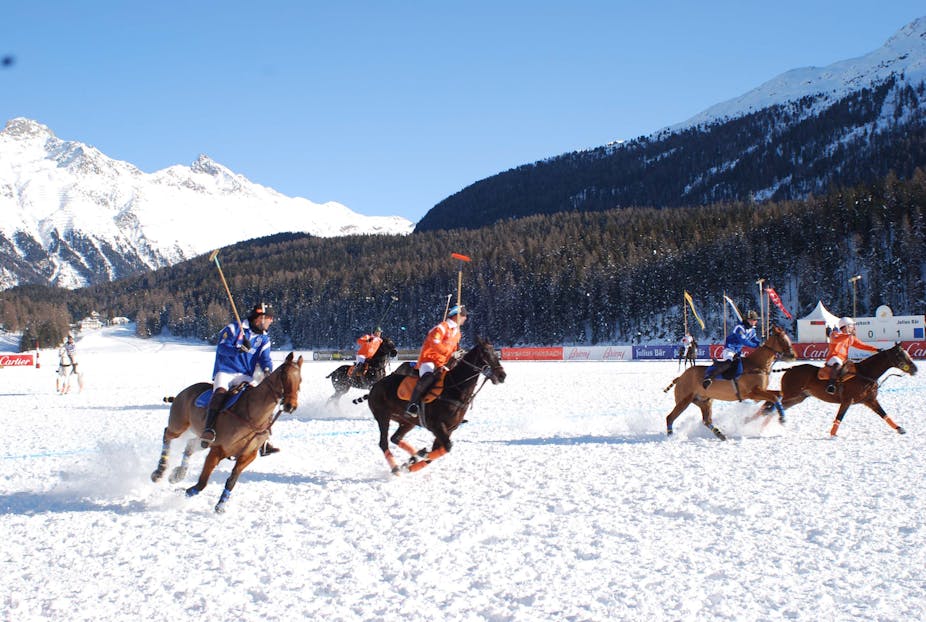It is that time of the year again in Davos. High politics, big business and a sprinkling of glitz, and every year a bit more barbed wire and machine guns. For the global elite is fast losing popularity and rightly so.
As Dennis Nally, chairman of PricewaterhouseCoopers LLP, told Associated Press against the snowy backdrop of the Swiss skiing resort:
When you have such a disparity between the wealth controlled by such a few number of individuals, or the gap that exists between that minority versus the majority, you really do have the potential for such significant unrest in different parts of the world, which is going to be one of the biggest challenges we are going to have to deal with.
Yet no one should think that the attendees of the Davos gathering arrive with an open mind on how to meet this challenge. If we must single out one aspect of what the World Economic Forum (WEF) aims to achieve, it is the idea that the economy should be shielded from the political process, as a topic on which majorities can decide.
The WEF was launched in 1971 as one of the first instances of what we can now see was a counter-revolution against the encroachment of democracy on the capitalist economy. A powerful left surge across the globe, the US defeat in Vietnam and the collapse of fascist Portugal and its African empire combined with the oil crisis and the nuclear stalemate with the Soviet Union to put the west on the defensive.
The anti-western tide centrally included the call by some developing nations for a New International Economic Order in which states would govern the world economy under the auspices of the United Nations; domestically, Keynesian welfare states and capital controls gave labour movements across the developed world a strong position. In several countries, such as Sweden or the Netherlands, there was talk of creaming off part of the profits of large transnational corporations and putting them in wage-earners’ funds to serve socially useful purposes.
As Milton Friedman would famously remark at the time, if this trend wasn’t stopped then capitalism, in hindsight, “might prove to be only a brief historical accident”.
The WEF’s initiator and continuing éminence grise, Swiss engineer Klaus Schwab, shares this sentiment. A former board member of several Swiss companies as well as the UK’s Daily Mail Group, Schwab also set up a Global Competitiveness Report that annually records which countries have done most to create a favourable business climate.
Today, the WEF is still at the heart of the counter-movement that seeks to bracket economics off as a “science” best left to experts. In this regard the WEF sits alongside the prize given by the Swedish Central Bank from 1969 (with approval of the Nobel Committee and since mistakenly called the Nobel Prize for Economics), which Hayek was awarded in 1974 and Friedman two years later.
By then, the forces for a political turn to market fundamentalism were gathering strength: after General Pinochet had called in Friedman to advise on re-privatising the Chilean economy following the bloody military coup of 1973, Margaret Thatcher became the first civilian politician to execute a neoliberal economic programme six years later.
Meanwhile the rampage of unrestrained capitalism across the globe has produced the huge disparities recognised by the Davos attendees. And all amidst a severe crisis that shows little sign of abating, spreading violence and an environmental crisis that threatens the survival of humanity. If the WEF meetings currently underway are to contribute anything to solving any of the above, then clearly “Davos man” will first require a fundamental makeover.

